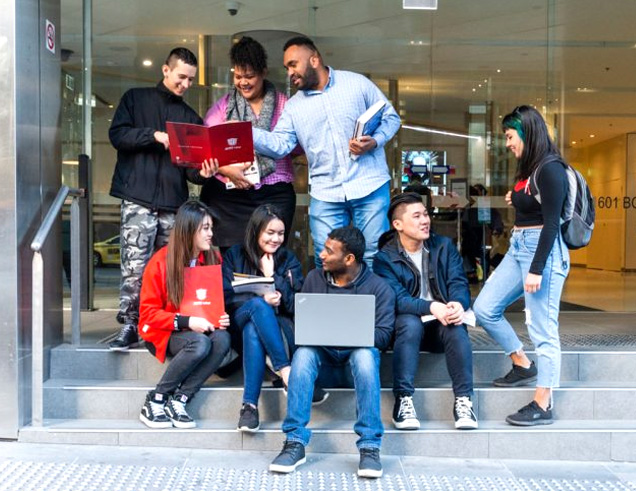Living in Sydney, Australia
Australia has the third highest number of international students in the world behind only the UK and the US. Australia has seven of the top 100 universities in the world. With over 22,000 courses across 1,100 institutions, Australia sits above the likes of Germany, the Netherlands and Japan, ranking eighth in the Universities 2012 U21 Ranking of National Higher Education Systems.
Australia has five of the 30 best cities in the world for students based on student mix, affordability, quality of life, and employer activity – all important elements for students when choosing the best study destination. Similarly, the living expenses and tuition costs are relatively lower in Australia in comparison to US and UK.
For further details refer this website: www.studyinaustralia.gov.au




